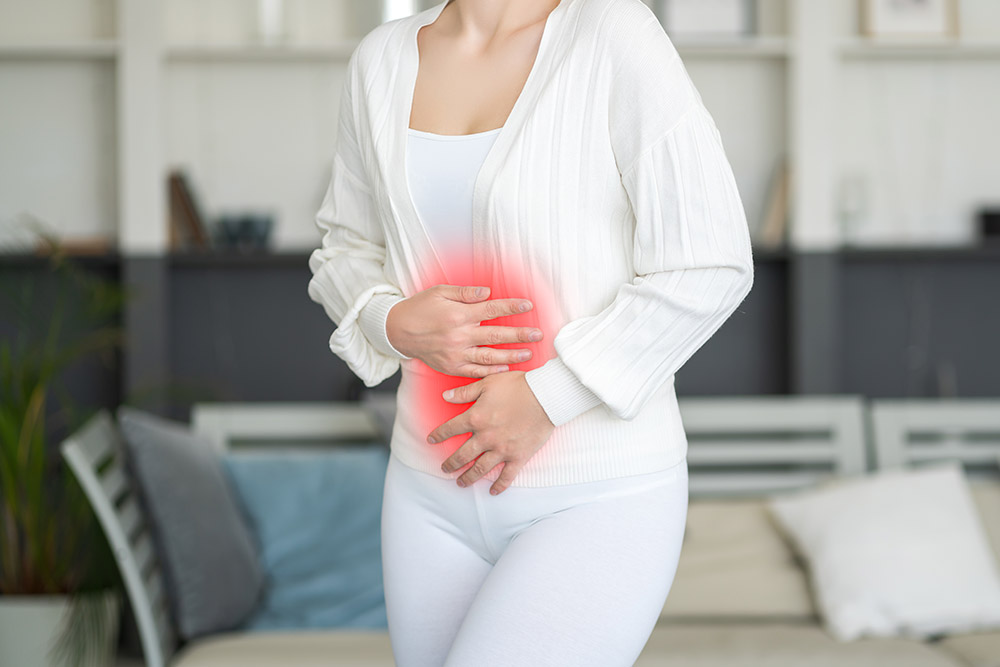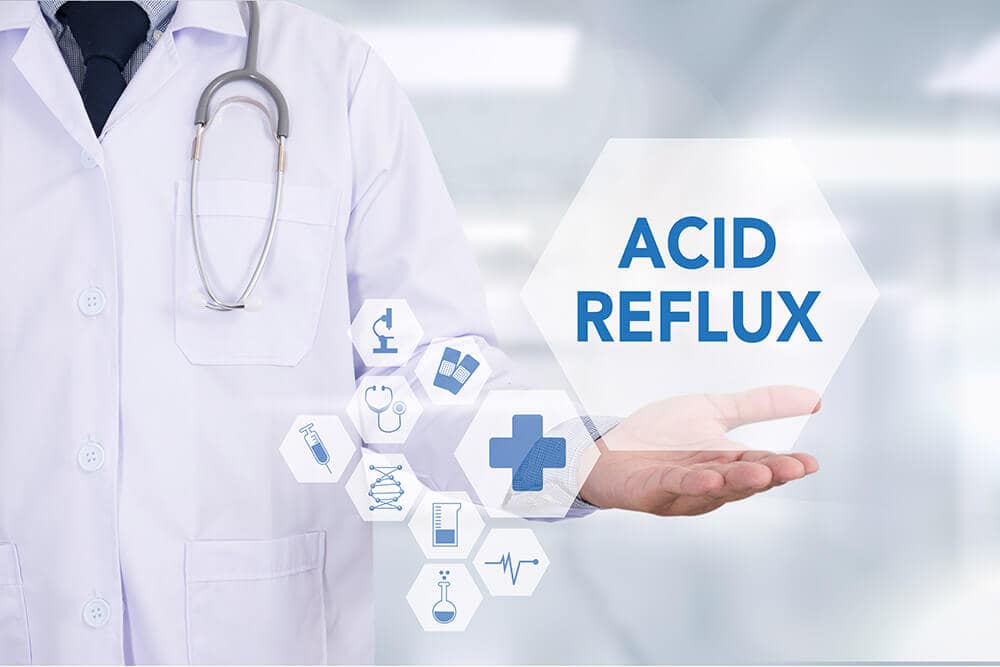What Is Appendicitis?
Appendicitis is inflammation of the appendix, a small pouch attached to the large intestine. When it becomes blocked or infected, it swells and, if untreated, can progress from early irritation to a pus?filled stage, then gangrene (tissue death), and finally perforation (rupture), which may lead to serious infection.
Common Causes and Risk Factors
- Obstruction of the appendix (often from hardened stool or foreign material)
- Bacterial or viral infection in the digestive tract
- Swelling of lymphatic tissue following a gut infection
- Family history of appendicitis
- Age�most common in teens and young adults, though it can occur at any age
Signs and Symptoms
- Sharp abdominal pain beginning around the belly button, then shifting to the lower right side
- Pain that worsens over time and becomes constant
- Nausea and vomiting
- Loss of appetite
- Low?grade fever
- In children: irritability, crying when the abdomen is touched, refusal to eat or drink
How Dr. Rishi Diagnoses Appendicitis?
Dr. Rishi uses a step-by-step approach:
Medical History and Physical Exam
He reviews your symptoms, pain onset, and medical background, then gently palpates your abdomen to check for tenderness and rebound pain.
Blood Tests
We measure white blood cell count and markers of inflammation to detect infection.
Imaging Studies
- Ultrasound: Preferred for children and pregnant patients to visualize an inflamed appendix without radiation.
- CT Scan: Provides detailed cross-sectional images in adults to confirm inflammation or complications.
Advanced Testing (if needed)
In rare or ambiguous cases, MRI or diagnostic laparoscopy may be employed to clarify the diagnosis.
Frequently Asked Questions
What are the 4 stages of appendicitis?
Early, pus-filled (suppurative), dead tissue (gangrenous), and burst (perforated).
Can appendicitis be treated without surgery?
Sometimes with antibiotics, but surgery is often the best long-term fix.
How long is recovery after laparoscopic surgery?
Most people feel better in 1 to 2 weeks.
Can food cause appendicitis?
No, but a low-fiber diet might raise your risk.
Does the pain come and go?
It might at first, but usually gets stronger and stays.
Are kids treated differently?
Yes. Dr. Chadha works with children's care teams and uses ultrasound first to avoid radiation.
When should I go to the ER?
If you feel sharp belly pain, have a fever, or vomit - go right away.
Will there be big scars?
No. Laparoscopic surgery leaves three tiny scars, each under an inch.
Can it come back after surgery?
No. Once the appendix is removed, it won't return.
Do I need to change my diet after surgery?
You'll likely return to your normal diet soon. More fiber may help with healing.











